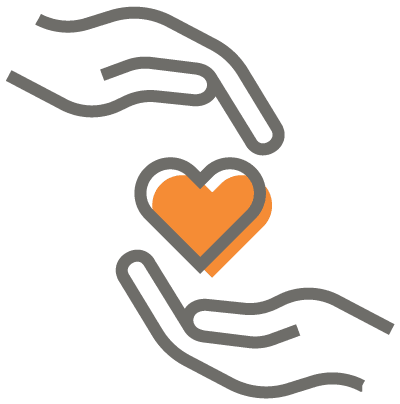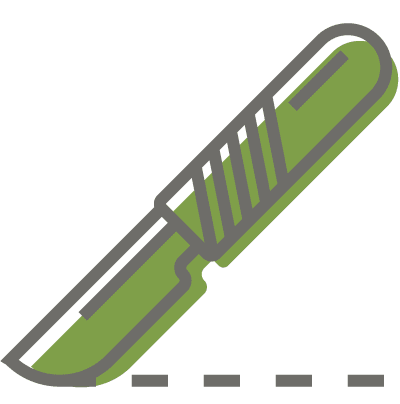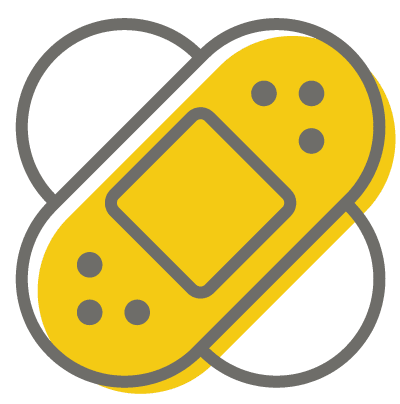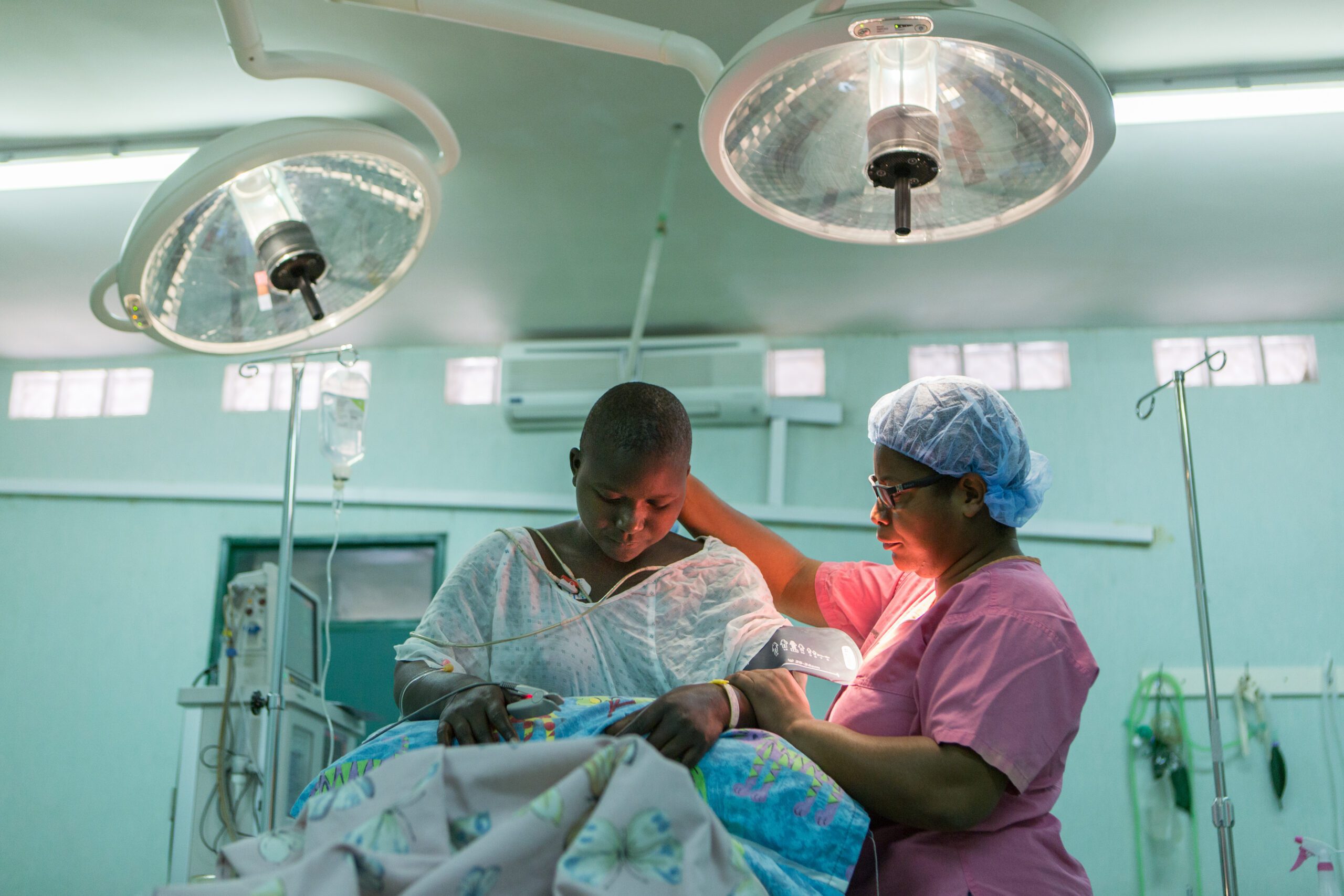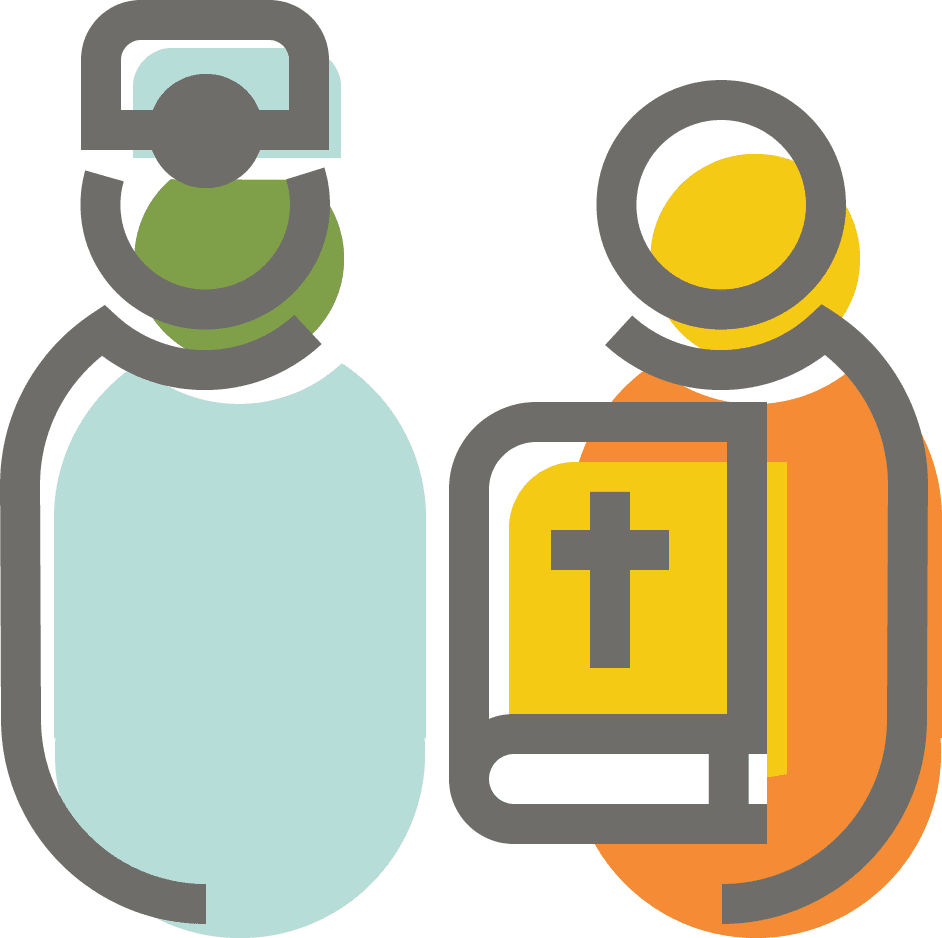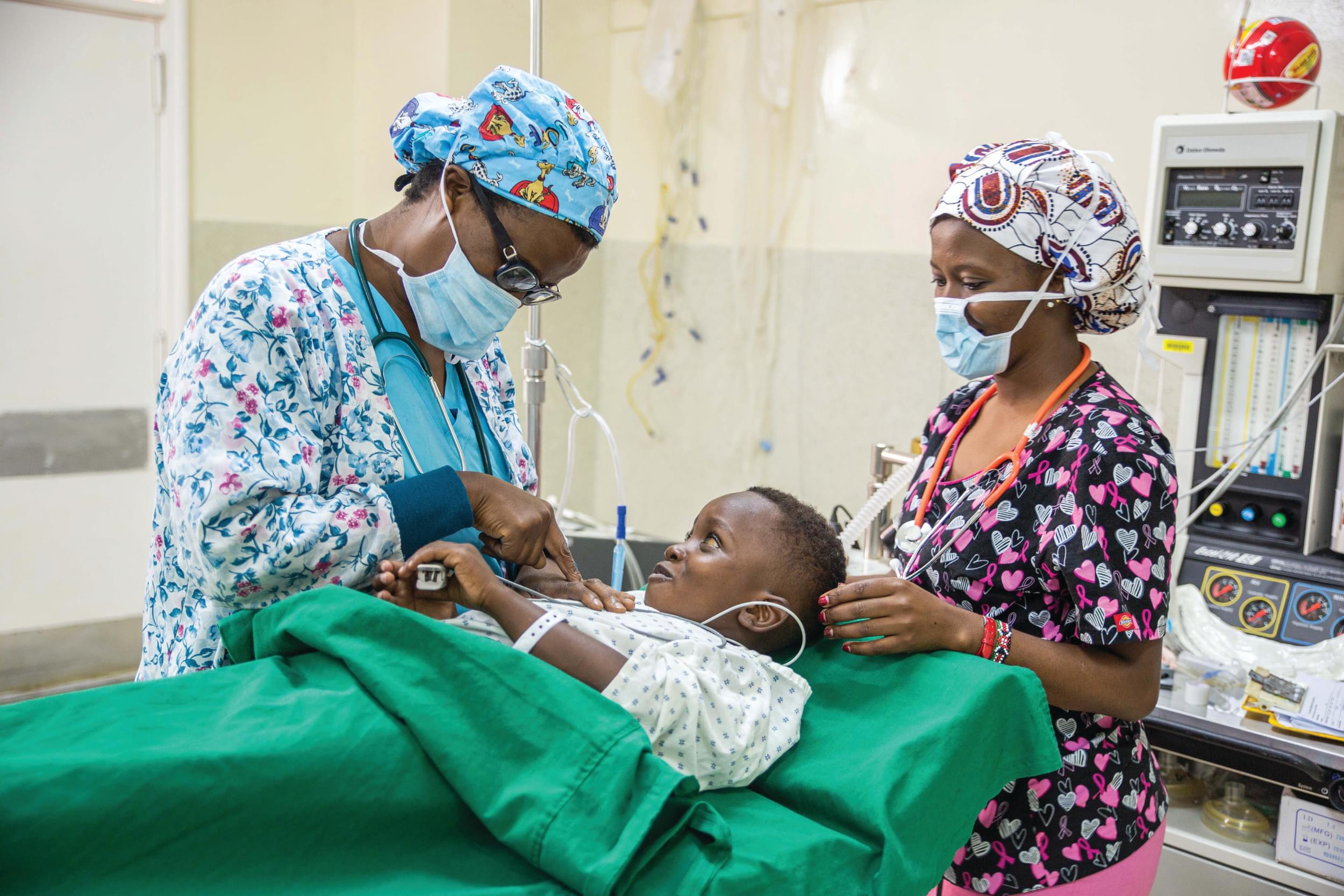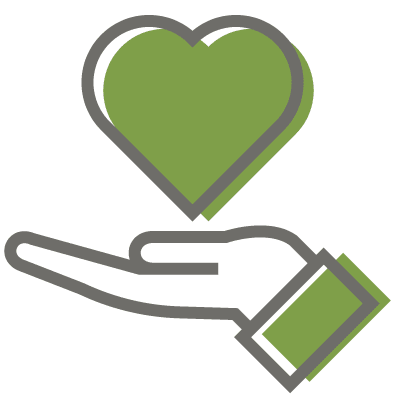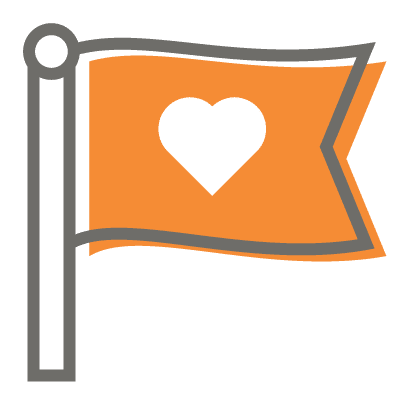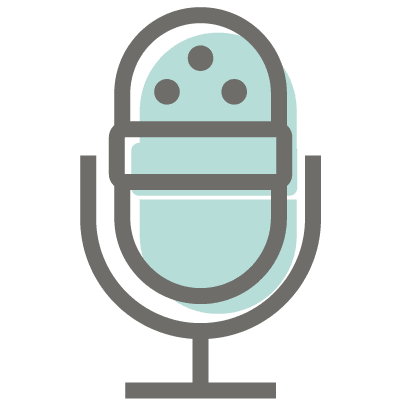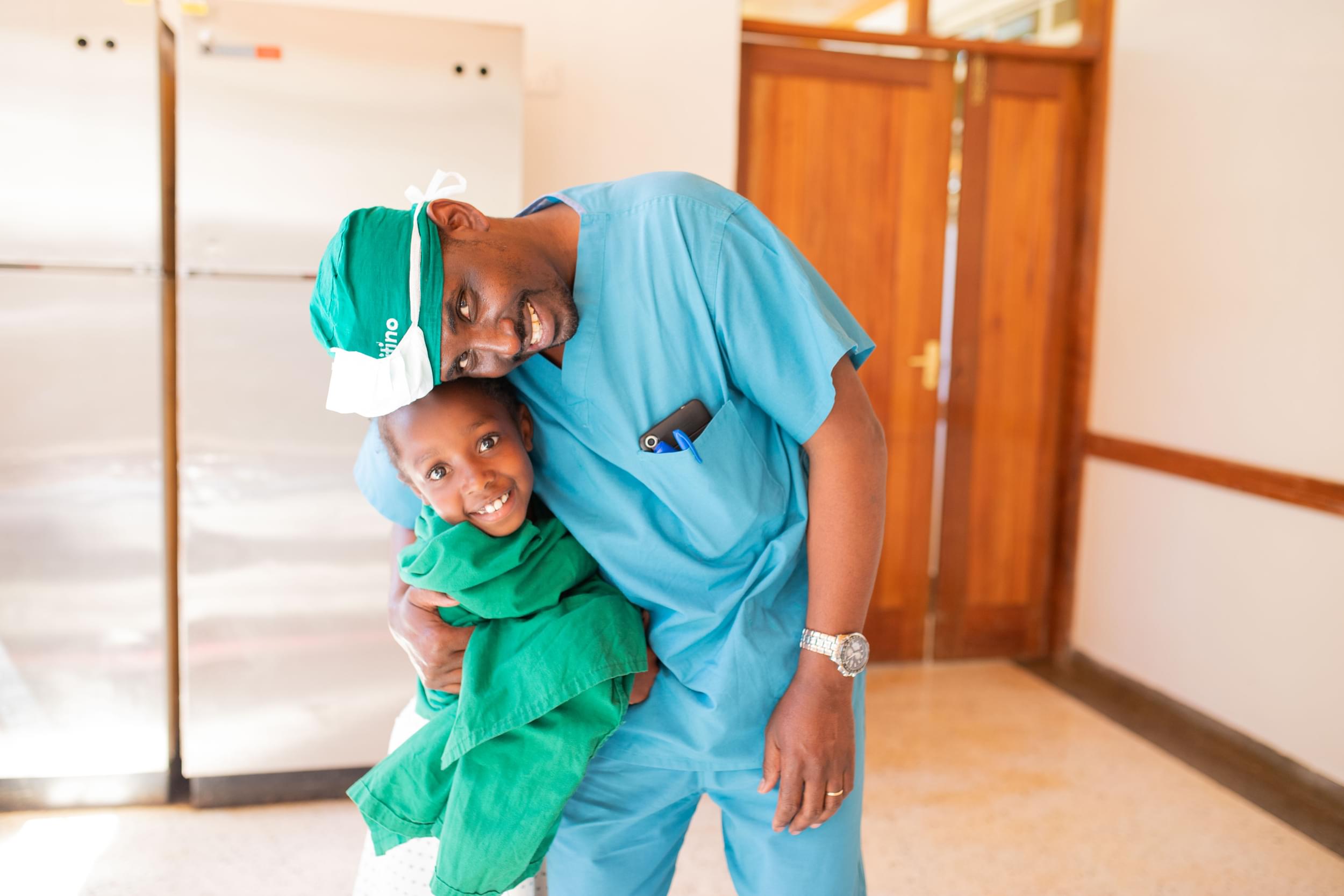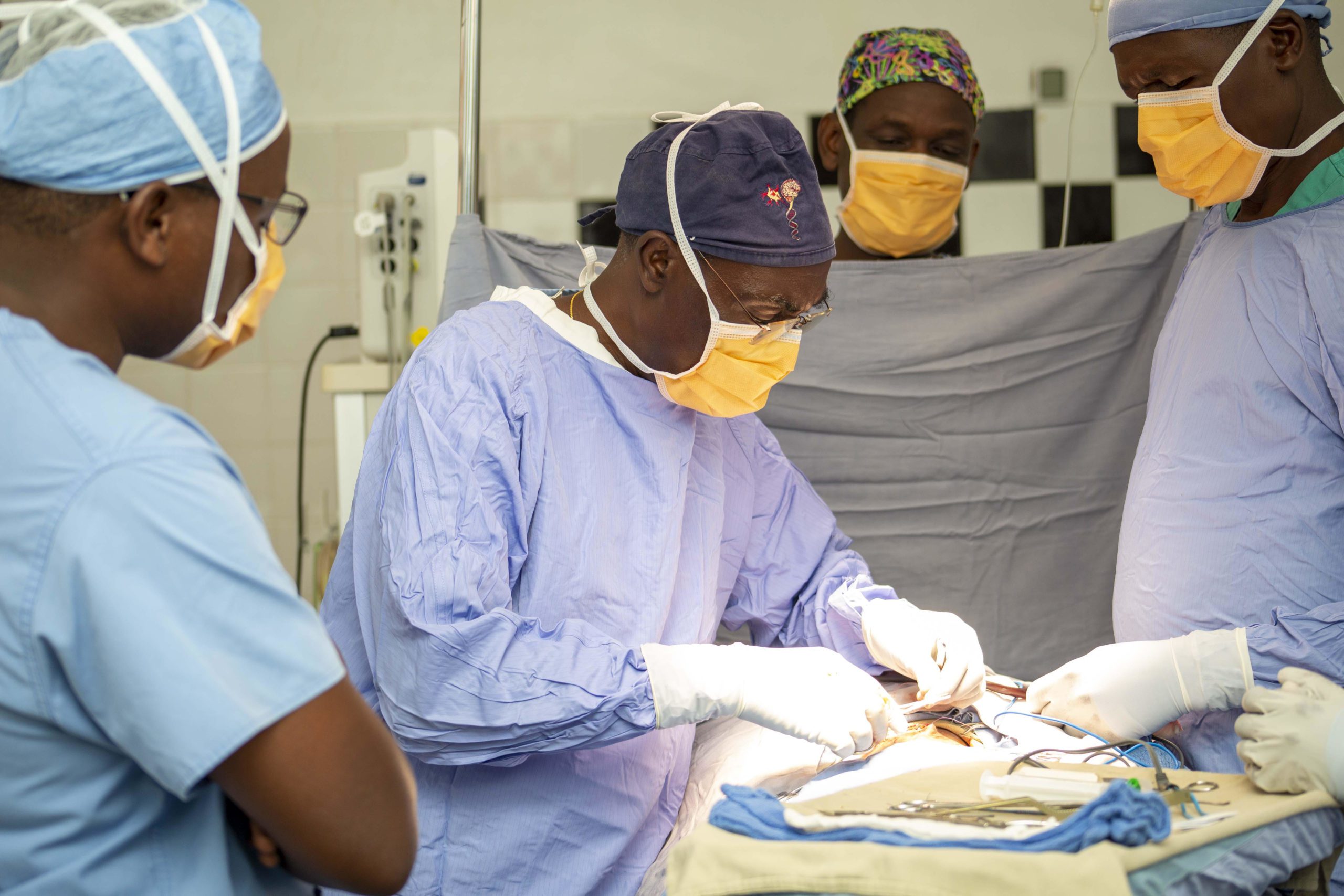
At CURE, we strive to provide excellent care to our patients. Safety is a high priority, and we continue exploring ways of enhancing patient safety during surgical procedures. CURE Uganda is one of Africa’s leading hospitals that treat neurological conditions such as hydrocephalus, spina bifida, neural tube defects, and spinal and brain tumors. Since its inception in 2000, the hospital has continued to be an internationally recognized Center of Excellence for pediatric neurological services and was chosen by the Institute of Neurosurgery at Verona University Hospital to participate in a special one-year training in Intraoperative Neurophysiological Monitoring (IONM). Dr. John Mugamba, a senior consultant NeuroSurgeon at CURE Uganda, went for this one-year training in April 2019. His travel and subsequent training were made possible by a generous foundation.
“The reason we wanted to have Intraoperative Neurophysiological Monitoring at CURE Uganda is because of the type of surgical cases we get here. We have many patients who have posterior fossa tumors, many patients who have epilepsy, and patients with cerebral tumors. Because all these cases need special care to ensure that you don’t cause any adverse neurological outcomes during surgery, we need to have a safe way of monitoring to understand what is going on with fibers and cells of the brain, and to make sure that we can easily predict problems that could arise and advise the surgeon to correct it before you get a permanent deficit,” shares Dr. Mugamba.
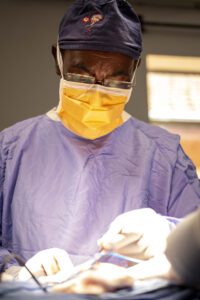
Intraoperative Neurophysiological Monitoring (IONM) is a neurosurgical discipline aimed at preventing complications during neurosurgical procedures and reducing the risk of neurological deficits after operations that involve the nervous system. The goal of such monitoring is to identify changes in the brain, spinal cord, and peripheral nerve function before irreversible damage, thereby reducing the risk of debilitating deficits such as muscle weakness, paralysis, hearing loss, and loss of other normal body functions. Dr. Mugamba adds, “the central nervous system is made out of electrical impulses, which pass messages from one cell to another. Using the IONM technique, you can monitor these electrical impulses – so you know, as you monitor if something is likely to go wrong and can probably correct it before things become permanent. IONM does not only deal with monitoring but is also a test to see what structures you touch during surgical operations. It falls into two main categories: First, it’s an observation of what is going on during the surgery so that when a surgeon touches something, he/she can know exactly what is being touched; Second, it is to test, identify, or localize where a certain neurological structure is. It helps the surgeon as he/she operates to know where he/she is during surgery, and what structure and what physiology is going within those electrical pathways. Surgeons can be warned about possible complications during surgery and intervene to correct those problems immediately.”
Thankfully, the University of Colorado, along with a generous foundation grant, provided the necessary equipment to perform IONM at CURE Uganda. Dr. Mugamba will put into practice the knowledge he acquired while training in Italy to perform IONM. Very few hospitals in Africa have IONM facilities, and CURE Uganda will be the first to utilize the IONM technique in the country. With the implementation of IONM, surgeons will be more comfortable because the safety of the patient will be much improved.
“In cases of high-risk patients, you can monitor every part of what is going on. This gives the surgeon a chance to operate on a high-risk patient whom he/she would not ordinarily operate without this specialized monitoring. With things like posterior fossa tumors, you sometimes may not know where you are looking, but anatomically you can see where to go. If you are monitoring the nucleus or the cranial nerve, then you are more comfortable with where to go, and the safety of the patient is more guaranteed, ” Dr. Mugamba says.
Dr. Mugamba is grateful for this training and to the University of Colorado for donating the equipment, along with a generous foundation grant, that will enable CURE Uganda to begin using the technique. CURE International and the leadership at CURE Uganda have made arrangements for onsite training when the equipment arrives at the hospital. With intraoperative Neurophysiological Monitoring (IONM), surgeons’ confidence will be boosted and patient safety will be enhanced during complex procedures.
About CURE International
CURE International is a Christian nonprofit organization that operates a global network of pediatric surgical hospitals, which serve one of the world’s most marginalized and vulnerable populations – children with disabilities. Patients at CURE hospitals suffer from orthopedic, neurosurgical, and maxillofacial conditions that limit their mobility/functionality and opportunities for education and employment. In addition to world-class clinical service, CURE intentionally ministers to the emotional and spiritual needs of patients in its care and invests in training programs that aim to equip the next generation of health workers and strengthen national health care systems. Since inception, CURE has conducted more than 5.3 million patient visits and 330,000 surgical procedures around the world. For more information, visit https://cure.org/.

